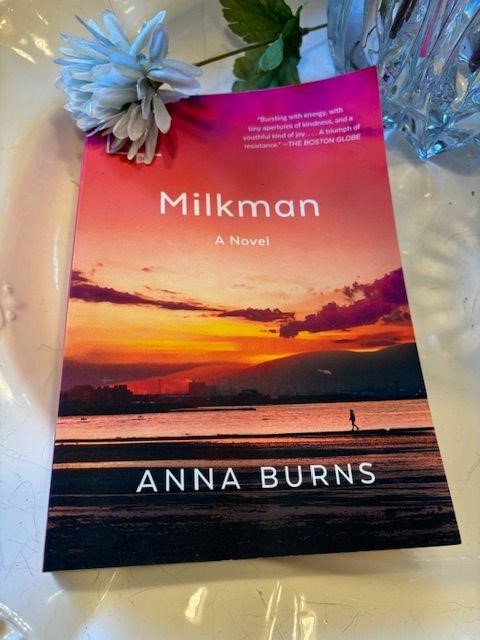Do You Consider Yourself a Radical Reader?
Let me explain what I mean by radical reader.

My brother-in-law was one. He always had a book open no matter where he was or what he was doing. I saw him reading in the most peculiar places and positions. With his round head bent down I usually only saw the top of his head that displayed a tuft of unruly red hair.
Waiting in church for services to begin?
Book open.
Seated at the dinner table during family gatherings?
Book open.
He had books everywhere.
You may consider him the extreme, but what if I told you reading could be critical to your life?
That’s what Susan Elderkin, co-author of The Novel Cure believes in her TedX talk, Reading as A Radical Act. In her talk she describes how she’s struggled to find time in her busy life to read even though her profession is as a bibliotherapist.
She says as we get older, time is taken away by work, family and a myriad of other activities. Somehow, the idea of reading, devoting time away to yourself, seems selfish.
But is it?
Elderkin demonstrates that reading is an act of devotion to ourselves. It’s how we connect not only to our lives, but to others.
That reading changes the rhythm of our minds.

Her example is the novel, Milkman, by Anna Burns. In this book the main character lives in a world of violence and unrest. It’s Ireland in the mid-seventies, during the religious conflicts, but the character has found a way to escape through books. She does this by reading as she walks. Everything around her is painful. Novels offer her a different perspective regarding control of all other aspects of her world – political, gendered, sectarian and communal.
Elderkin says every time you start a novel, it’s a risk – “will I like it, will I finish.” But the act of carving out time is not only radical, but necessary. Because of that you become the co-author of your life. Once you hear someone’s story, they become human beings.
Her recommendations? Find every opportunity you can to read.
Find different times to read. Sometimes we tell ourselves that we’ll read when we find the time, so plan your schedule to include reading. Which time works the best for you?
- Bedtime? Unless you’re reading a thriller, it can relax you and help you fall asleep.
- Read while others are sleeping – get a headlamp if you’re worried about disturbing others.
- Read while you eat. Find a book stand to hold your novel.
- Read first thing in the morning. I prefer this because it helps me focus on the bigger picture of my life and day. It sets my thoughts in motion.
- Create a reading nook and defend it. Others will see you are in your nook and that means you’re not to be disturbed.. Read my article on how to create a reading nook
- Turn off your phone
- You could be like the character in Milkman and read while you walk, but for most of us that may be difficult. Find a good site for audio books.
- Give yourself 45-minute increments during each of these time slots. Occasionally, you’ll find yourself reading longer and that’s OK.
The best advice? Always carry a book with you. This suggestion is not only from Elderkin, but also from Stephen King in his book On Writing. That way, whenever you’re waiting in line or at a place that looks inviting to sit and read you’ll be ready.
Whether you want to be a Radical reader or just understand which novel can help in your everyday life, I can recommend a book for you.
For a deeper dive please download my free reading journal.


